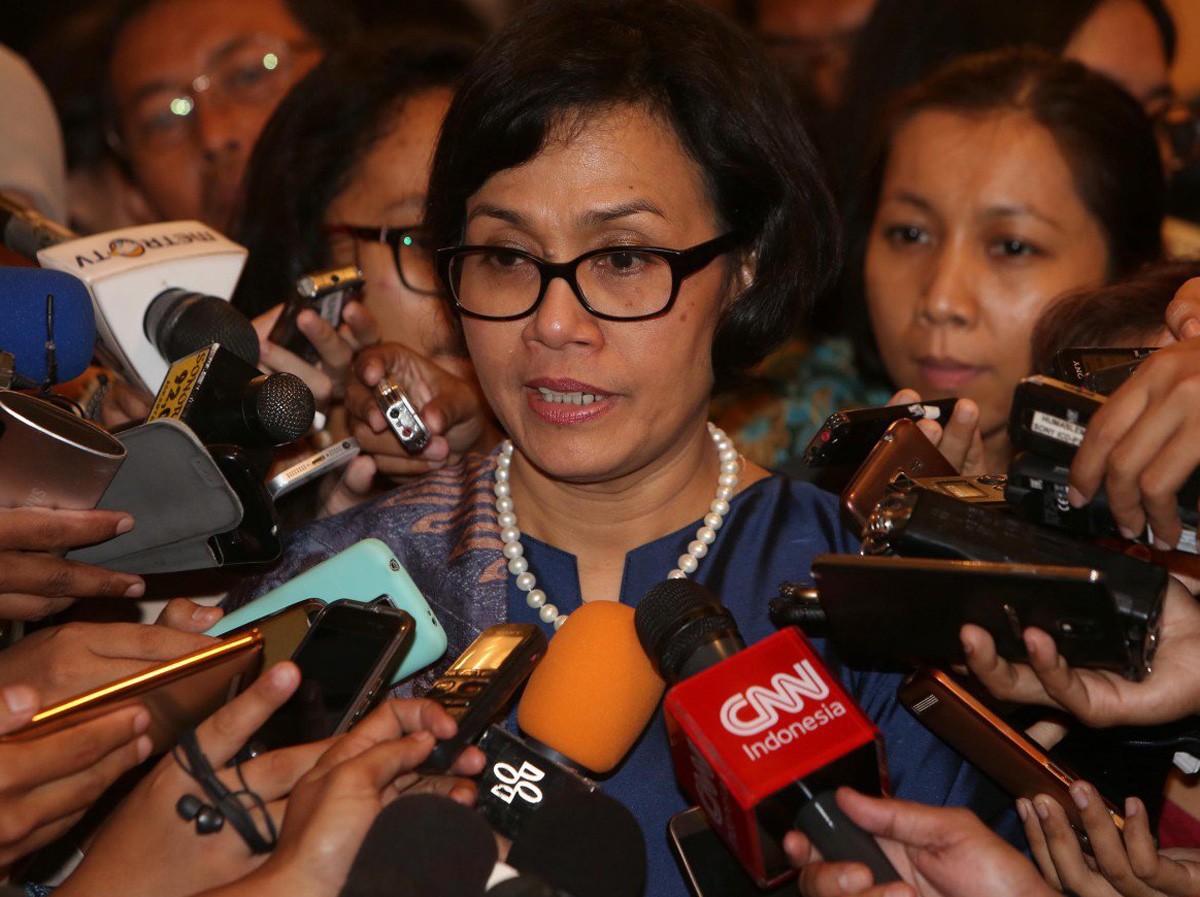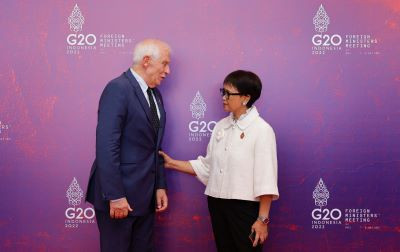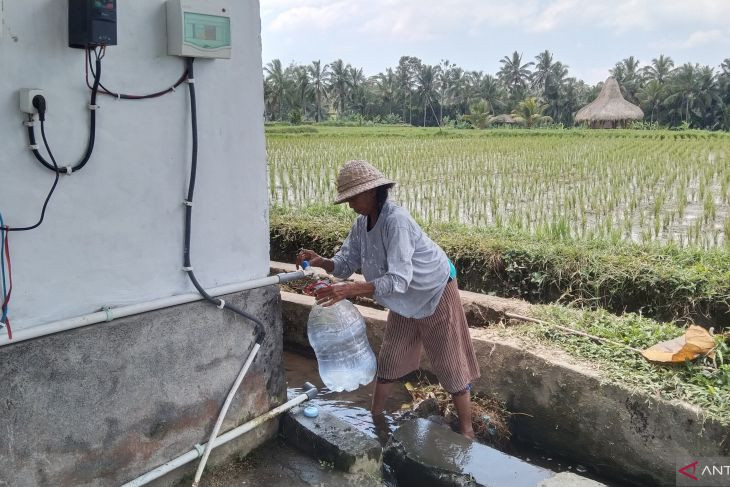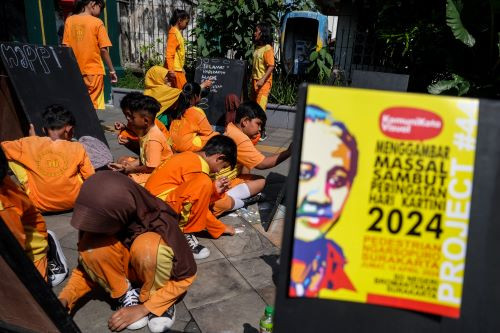The bare-bones state budget
Change Size
 Finance Minister Sri Mulyani Indrawati speaks to the media after her inauguration ceremony at the State Palace in Jakarta July 27, 2016. Indonesian President Joko "Jokowi" Widodo announced a new Cabinet on Wednesday that puts a retired general linked to human rights abuses in charge of security and returns the popular reformist to the finance ministry. (AP Photo/Tatan Syuflana)
Finance Minister Sri Mulyani Indrawati speaks to the media after her inauguration ceremony at the State Palace in Jakarta July 27, 2016. Indonesian President Joko "Jokowi" Widodo announced a new Cabinet on Wednesday that puts a retired general linked to human rights abuses in charge of security and returns the popular reformist to the finance ministry. (AP Photo/Tatan Syuflana)
T
he 2017 state budget proposed by the government to the House of Representatives on Tuesday will have a contractive impact on the economy because the total spending plan of Rp 2.07 quadrillion (US$155.6 billion) is nominally about 0.06 percent smaller than this year. In real terms, the upcoming budget is virtually devoid of fiscal multipliers.
But this drop would still be misleading, because the 2016 total spending stipulated in the budget proposal did not include the Rp 133 trillion that the government decided to cut a few days after Sri Mulyani Indrawati was appointed as the new finance minister.
Taking into account the two significant cuts made in the 2016 spending, the 2017 budget will still be 6 percent nominally bigger. But adjusted for the 5 percent inflation estimated for this year, in real terms the 2017 budget represents a mere 1 percent rise. In fact, as Rp 1.49 quadrillion or 72.2 percent of the total budget will be taken by the government through taxes, 2017 will indeed see a bare-bones budget.
But set against the multiple, converging uncertainties, entrenched patterns of expenditure and structural imbalances between expectations and resources, the 2017 draft budget should be welcomed for its realistic estimates. This will assure the market that the risks of painful fiscal adjustments next year will be small.
Given the two major amendments to the 2016 budget only after seven months of its implementation, the government seems to have realized that it is better to err on the side of conservative rather than high estimates.
The 5.3 percent economic growth target and the estimated 2.7 percent decline in revenue seem to be appropriate to market expectations and reasonable to maintaining predictability. It is simply better, in terms of fiscal management and stability, to err on the conservative side than set overly optimistic expectations.
Managing greater-than-estimated revenues is fiscally and politically easier and less complex to manage than lower-than-expected revenues, which would require painful spending cuts.
It is encouraging to note the emphasis made by President Joko “Jokowi” Widodo in his budget speech that the 2017 budget is firmly based on the process of fiscal consolidation for supporting sustainable and inclusive growth to create jobs. Top spending priorities remain in basic infrastructure to improve connectivity between the regions and address poverty and inequality.
We think the market will be much more comfortable with the realistic budget plan, feeling assured that the total amount of money the government will spend will be closely aligned to what is affordable over the current year.
When it comes to budget management, discipline is key to maintaining public confidence in the government because the annual budget process is the only political mechanism available, at least between elections, to discipline government decision-making.
We are glad to note that the 2017 state budget embodies all the fiscal operations and considers all financial implications to be made against the background of stringent budget constraints and in competition with other demands.









